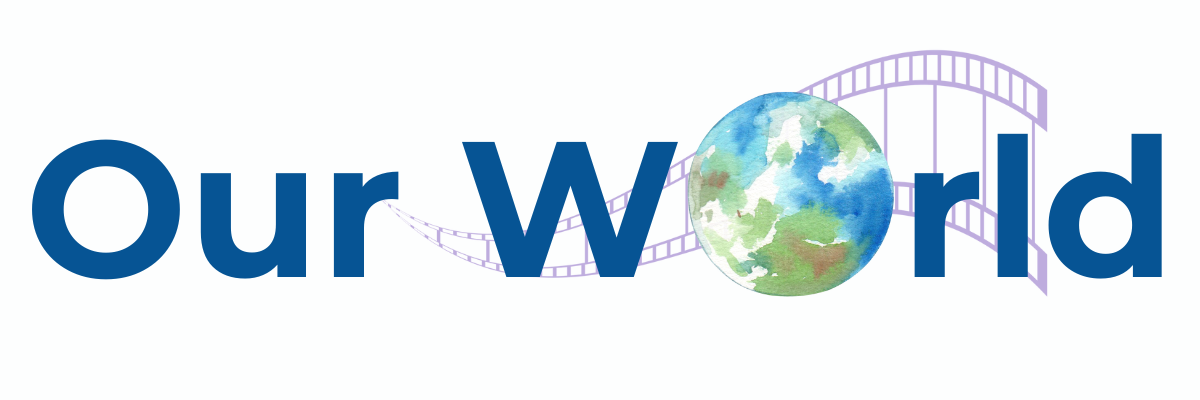
Our World is a national, inter-disciplinary competition for S1-S6 learners, previously run by the Scottish European Educational Trust (SEET) and now organised by SCILT, Scotland’s National Centre for Languages. It combines language learning with the art of filmmaking, bringing in aspects such as design, drama, sound and technology within the context of Learning for Sustainability and environmental education. The competition builds valuable employability skills such as team-working, creativity, organisation, communication, problem solving and much more.
Learners work in teams to create a storyboard for a film, based on the UN Sustainable Development Goals which, if successful they will be given the opportunity to work with a professional filmmaker and turn their ideas into a real short film which will be shown at the film screening showcase and awards ceremony. A great opportunity for budding filmmakers to use their language skills.